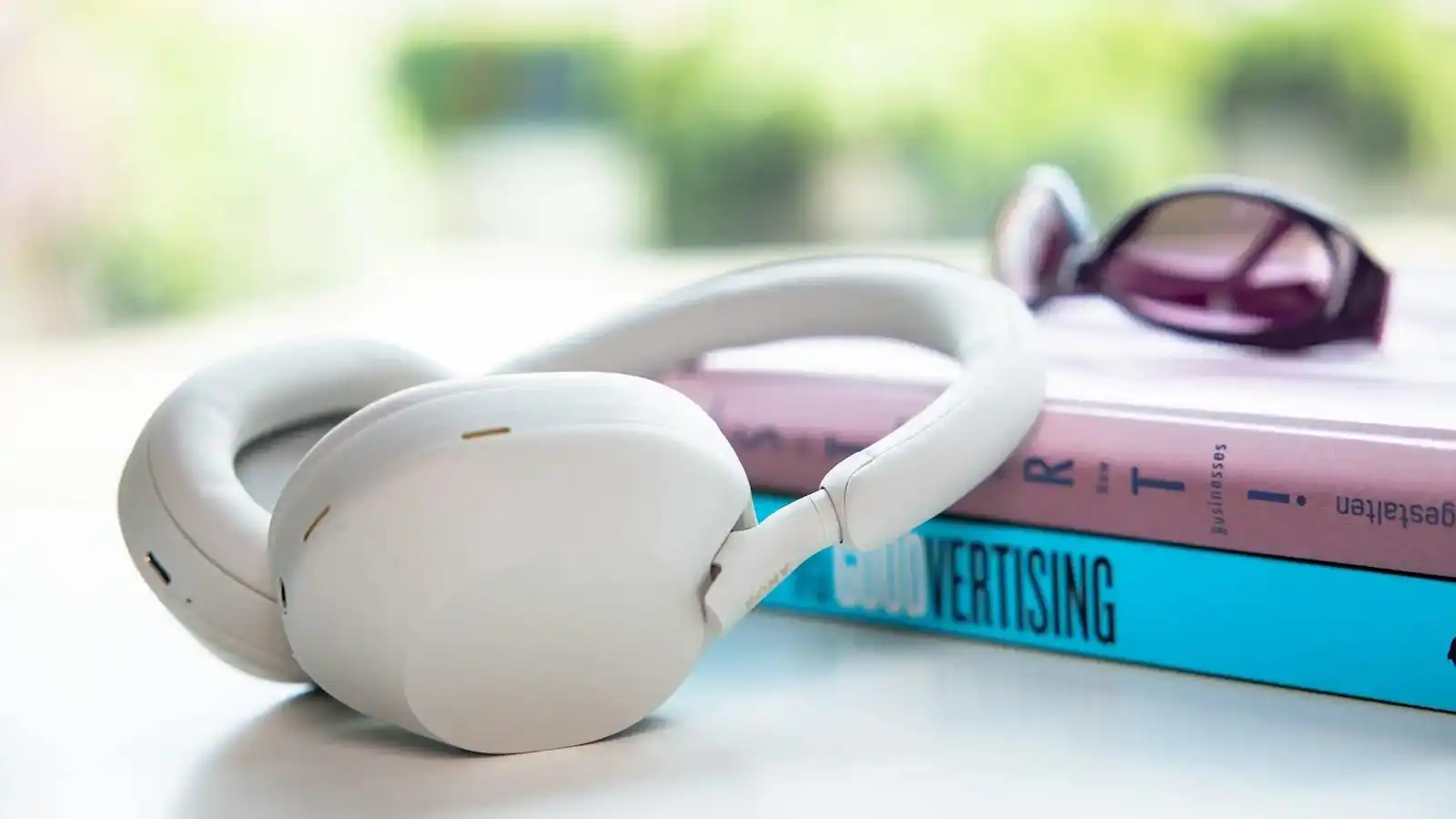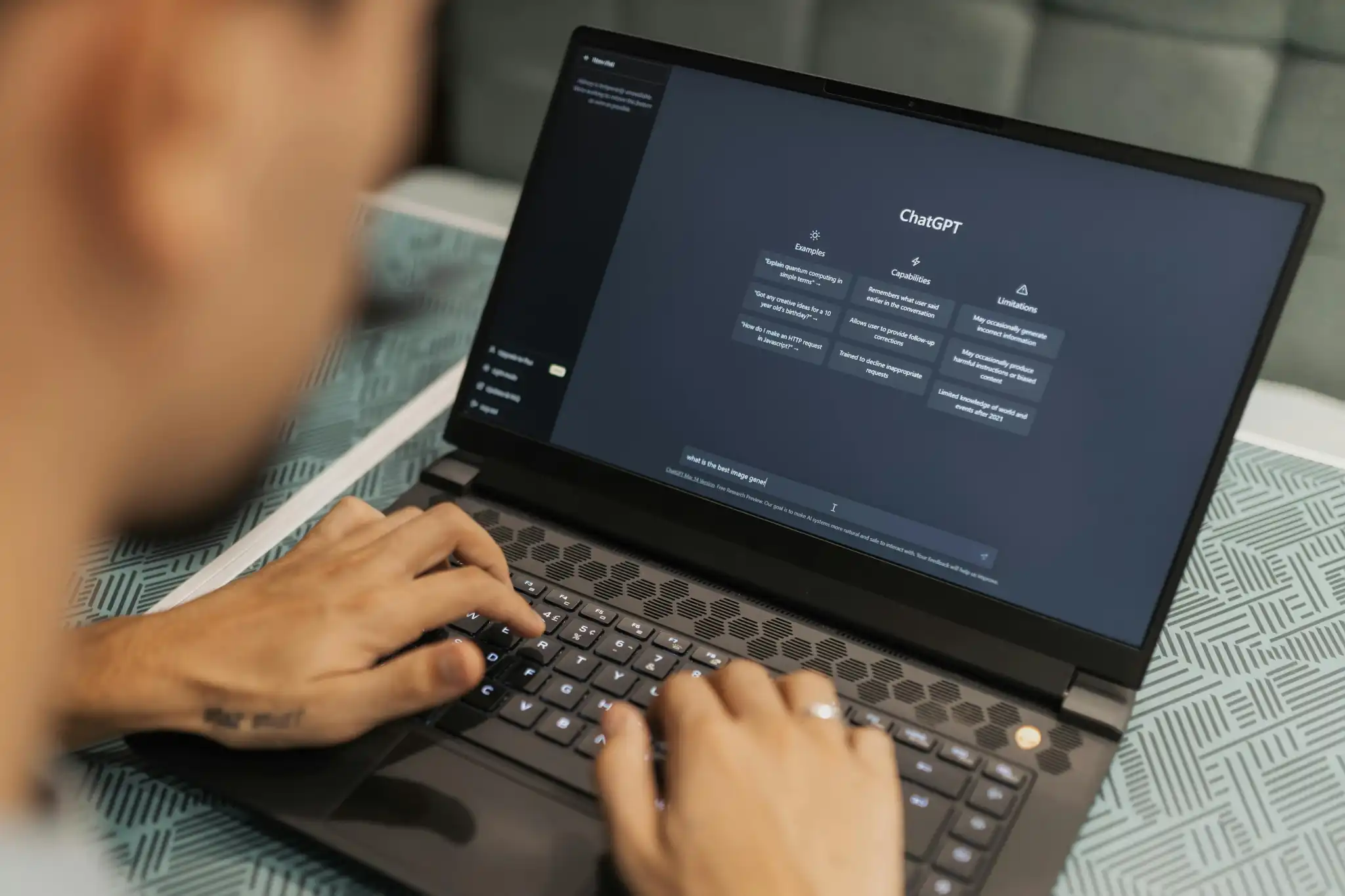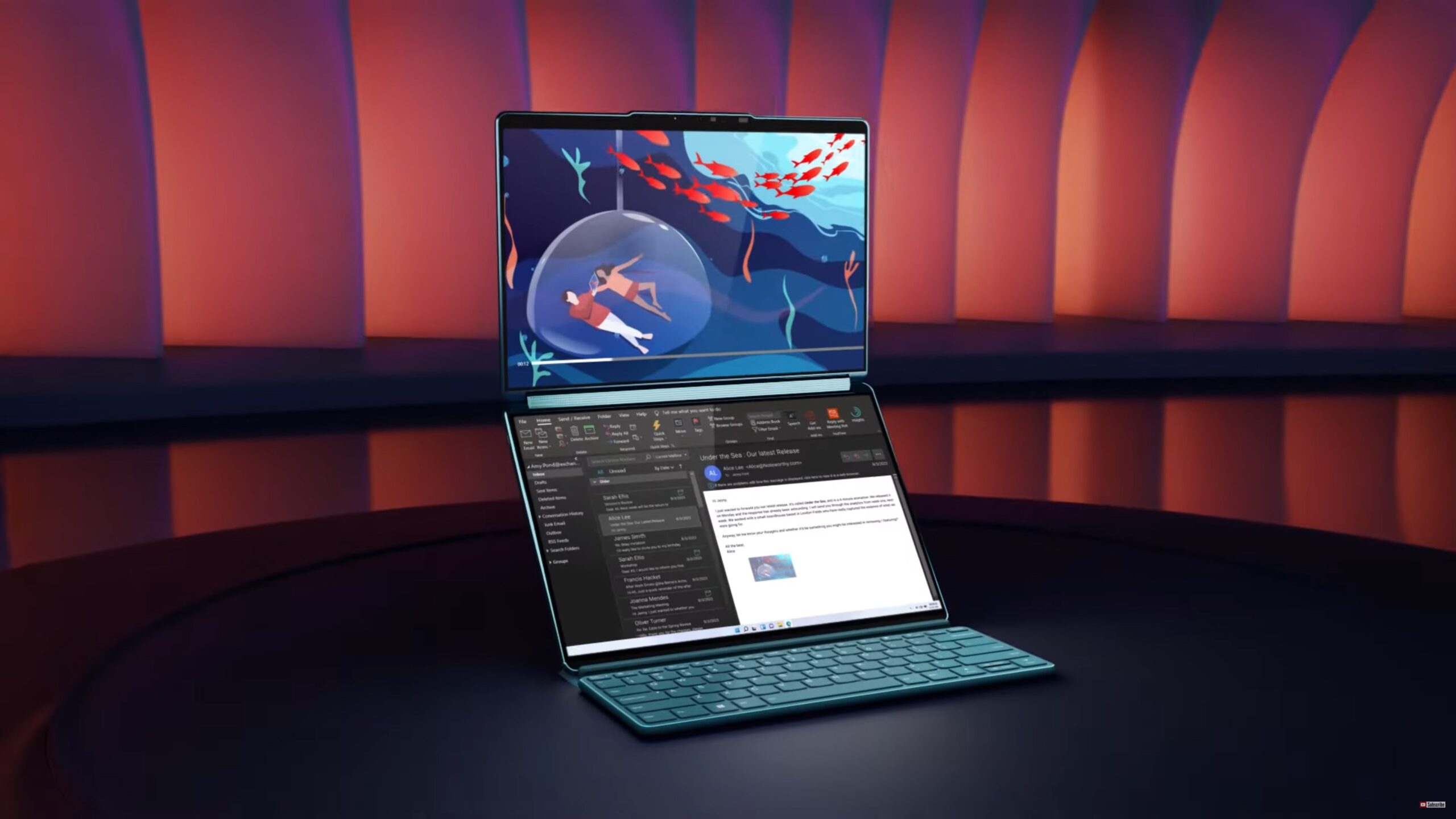Some back-to-school purchases are no-brainers, like a new laptop or Chromebook. But other helpful products aren’t always as obvious. They can seem purely optional—stuff to buy when you have money to burn.
But don’t discount tech gadgets and accessories, especially if you’re often zigzagging across a college campus. Add in part-time work and the demands of a social life, and the right gear can help you keep your sanity.
Laptop stand
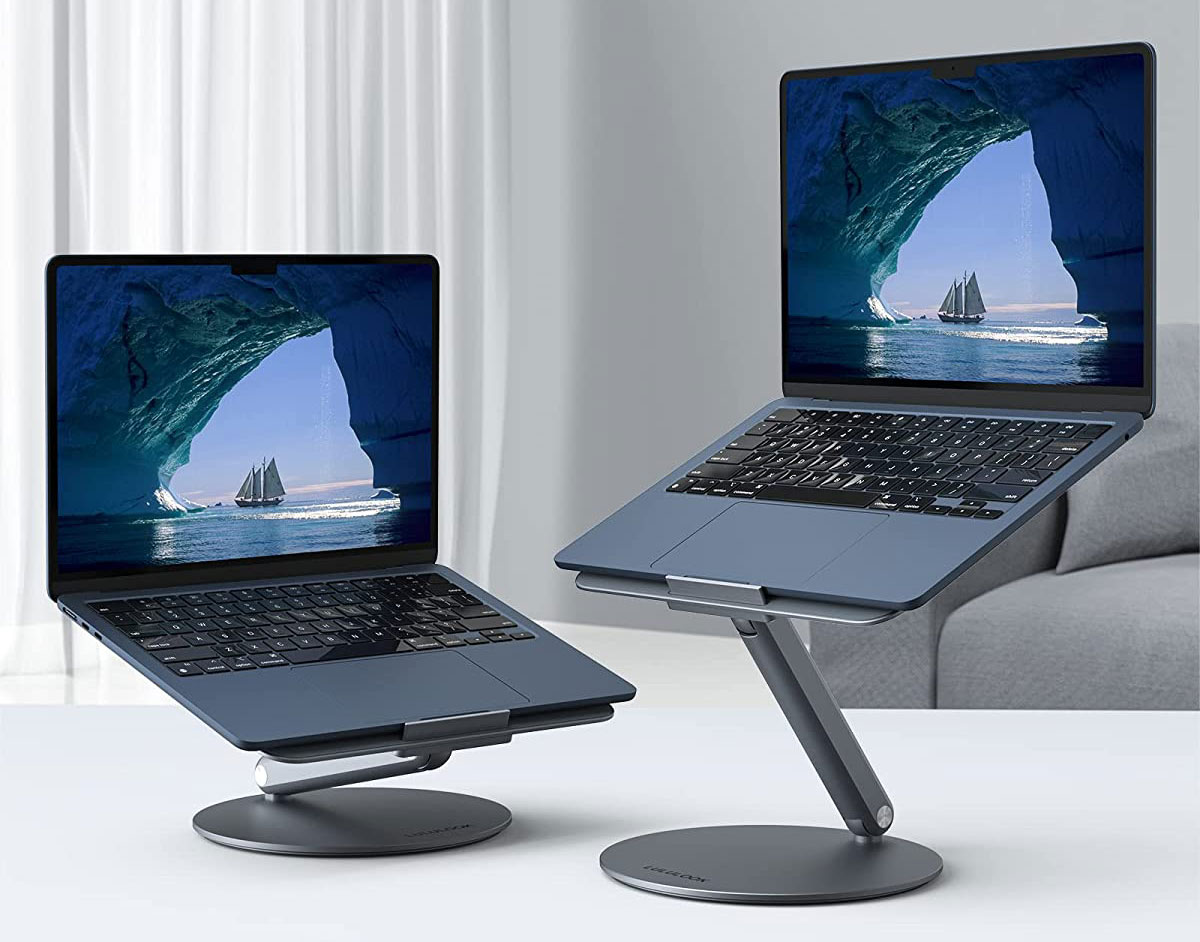
Lululook
A laptop stand both frees up desk space and improves the ergonomics of your setup. You want your laptop screen at a height that prevents hunching or bad posture, especially if you often have long study and homework sessions. It also makes a dual-screen setup with a separate monitor less awkward. Fortunately, laptop stands aren’t expensive, and you can even pick up an ultra compact one that travels well. Take it from an old person—take care of your body now, or it’ll punish you for mistreatment later.
Bluetooth keyboard
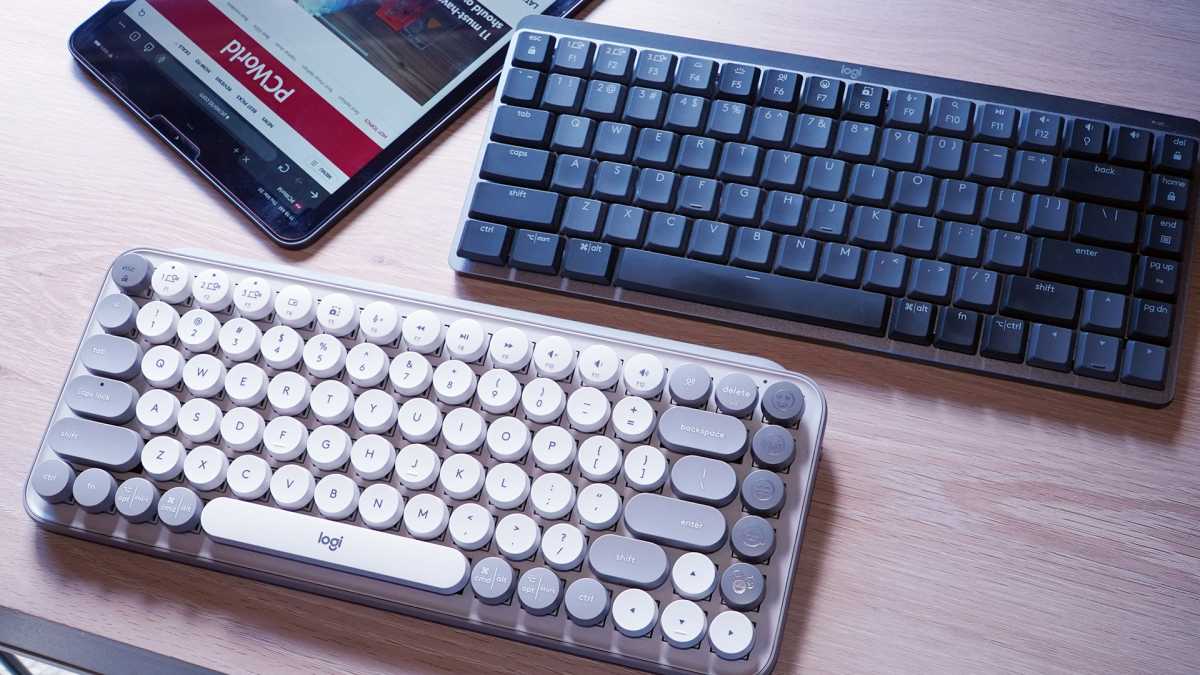
Michael Crider/IDG
A small room can feel even more cramped with lots of cable clutter. A Bluetooth or wireless keyboard with multi-device support will streamline your desk setup, lets you switch quickly between a PC, tablet, and phone—and also allows you to take it on the road with you for better ergonomics and comfort. A good lightweight option like the Keychron K3 or Logitech MX Keys Mini travels well. If you’re not on the go often, a heftier mechanical keyboard will feel better during gaming and long typing sessions.
Noise-canceling headphones
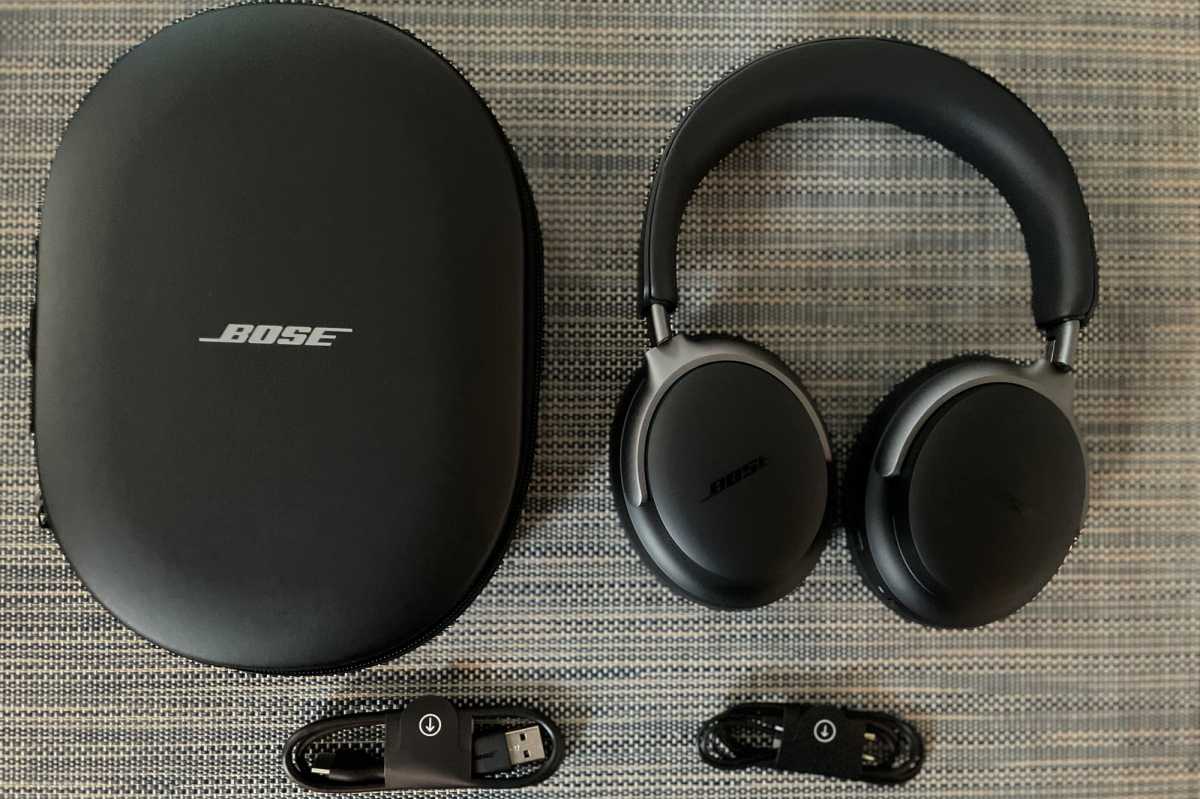
Jonathan Takiff/Foundry
A pair of noise-canceling headphones can be worth their weight in gold, as they’ll drown out distractions while you study (or when you need a break from loud roommates). Over-the-ear cans have the best battery life—top models like the Bose QuietComfort Ultra and Sony WH-1000XM5 get between 20 to 30 hours runtime—making them ideal for long playback sessions and situations where you can’t charge as often. Even models that cost half as much, like Anker’s Soundcore Space Q45, will run as long and still sound good.
Meanwhile, ANC earbuds travel extremely well, tucking easily into a pocket for shorter trips out of the house. And you have no end of choices, with the Bose QuietComfort Ultra Earbuds, Sony WF-1000XM5, and Apple AirPods Pro just a few excellent options at the top end.
Portable monitor
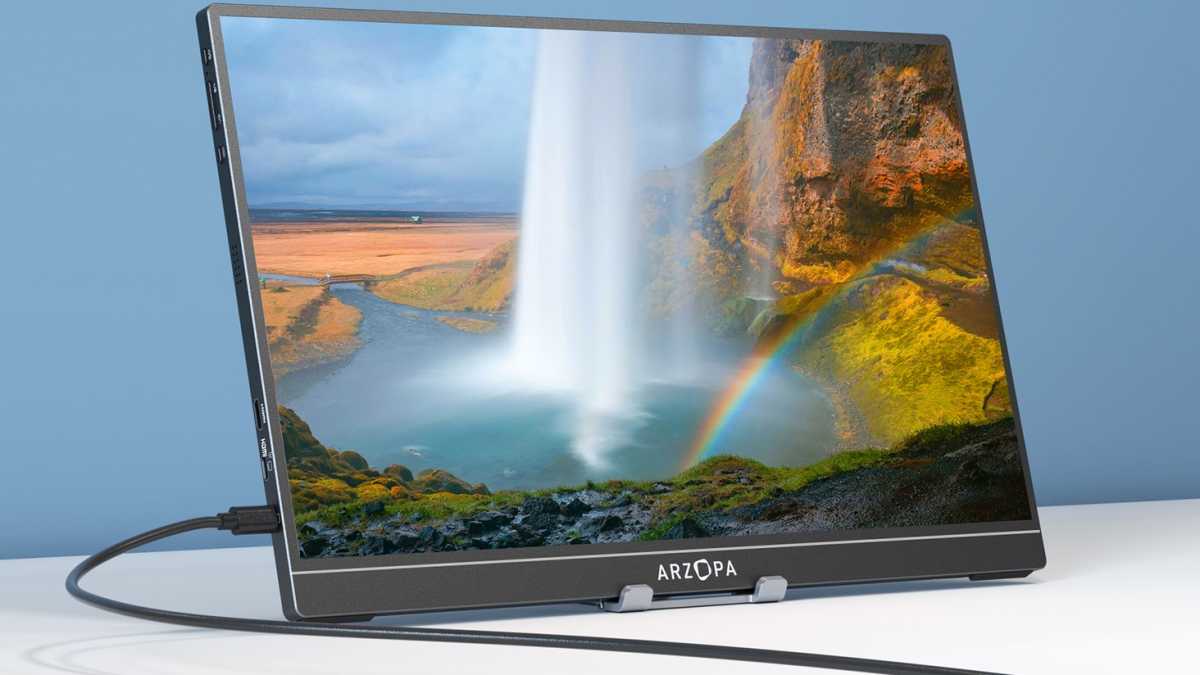
Arzopa
If you’re often away from your dorm or apartment, a good travel setup for your PC will make the hours spent on it more comfortable. In addition to a laptop stand and a lightweight wireless keyboard, a portable monitor‘s extra screen real estate lets you easily juggle different tabs or windows. And the good news is that they don’t cost much nowadays—one of the most popular models is just $100, and can sometimes be found on sale for less. For an even slicker setup, consider picking up a good portable stand for the monitor, too.
Tablet
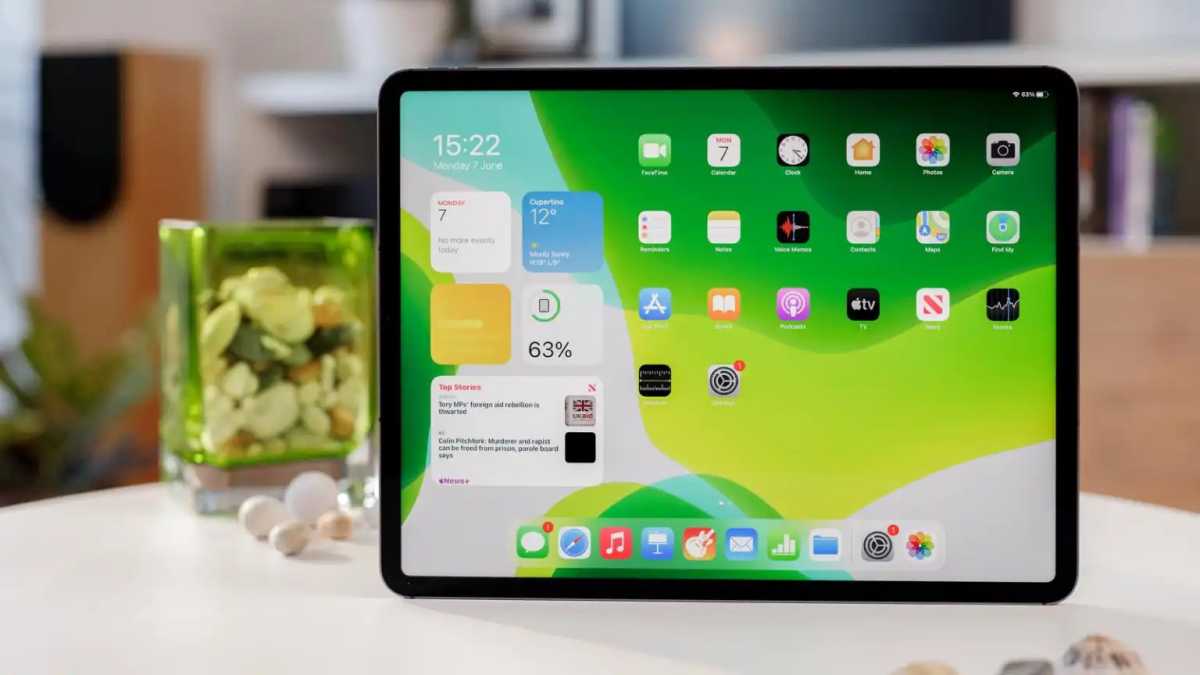
Dominik Tomaszewski / Foundry
A tablet can fill many roles—like as a second screen for your PC, a digital notepad for keeping up with class lectures, or a comfortable way to read textbooks. It’s a great complement to a PC, especially if you have a desktop computer. The Apple iPad is a perennial favorite for such multitasking, as is Samsung’s rival Galaxy Tab S line, but you can also opt for an Android E-Ink tablet like the Onyx Boox Note Air 2 for less eye-strain.
Computer speakers
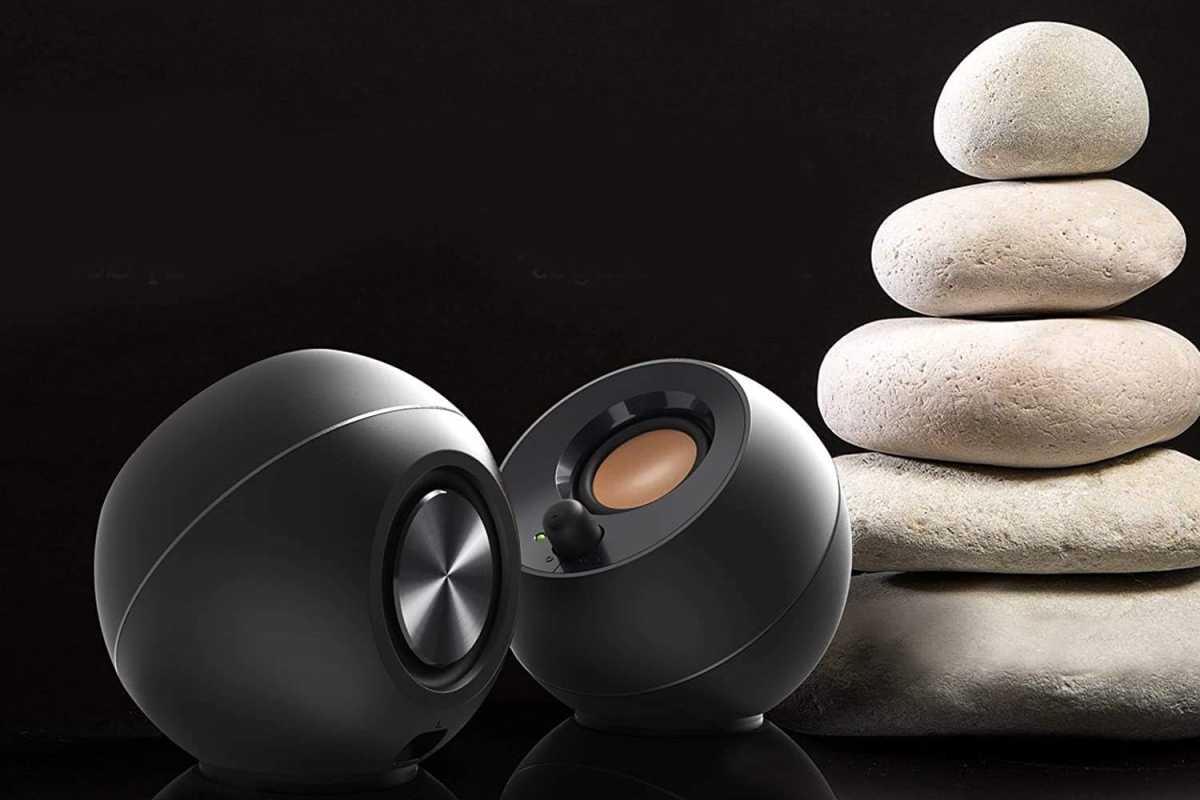
Creative / Amazon
You can do much better than a portable Bluetooth speaker or a laptop’s built-in speakers. Good dedicated computer speakers won’t introduce audio latency when watching videos, or distort at moderate volume. They don’t take much room on a desk either. Our top pick for budget speakers runs under $20 and has a tiny footprint, for example. (You can see all your options in our round up of the best affordable computer speakers.)
Bluetooth tracker
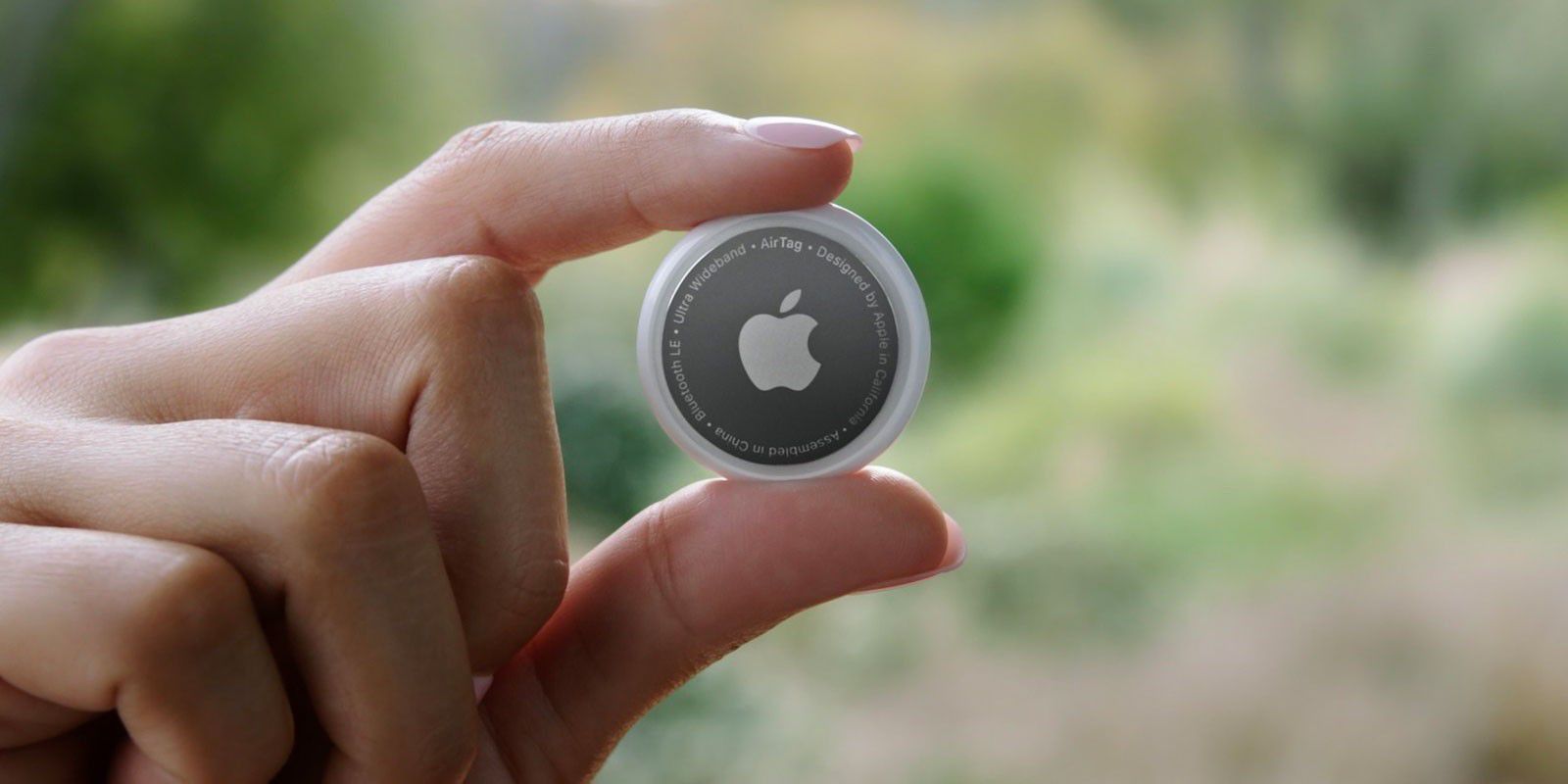
Apple
Losing track of your keys or other vital items is a pain—and all too easy to do if you’re often out and about. You can avoid this fate by attaching a Bluetooth tracker like an Apple AirTag or Tile Mate to your high-priority gear. It avoids a lot of headache when you’re too stressed to precisely recall your movements.
External hard drive
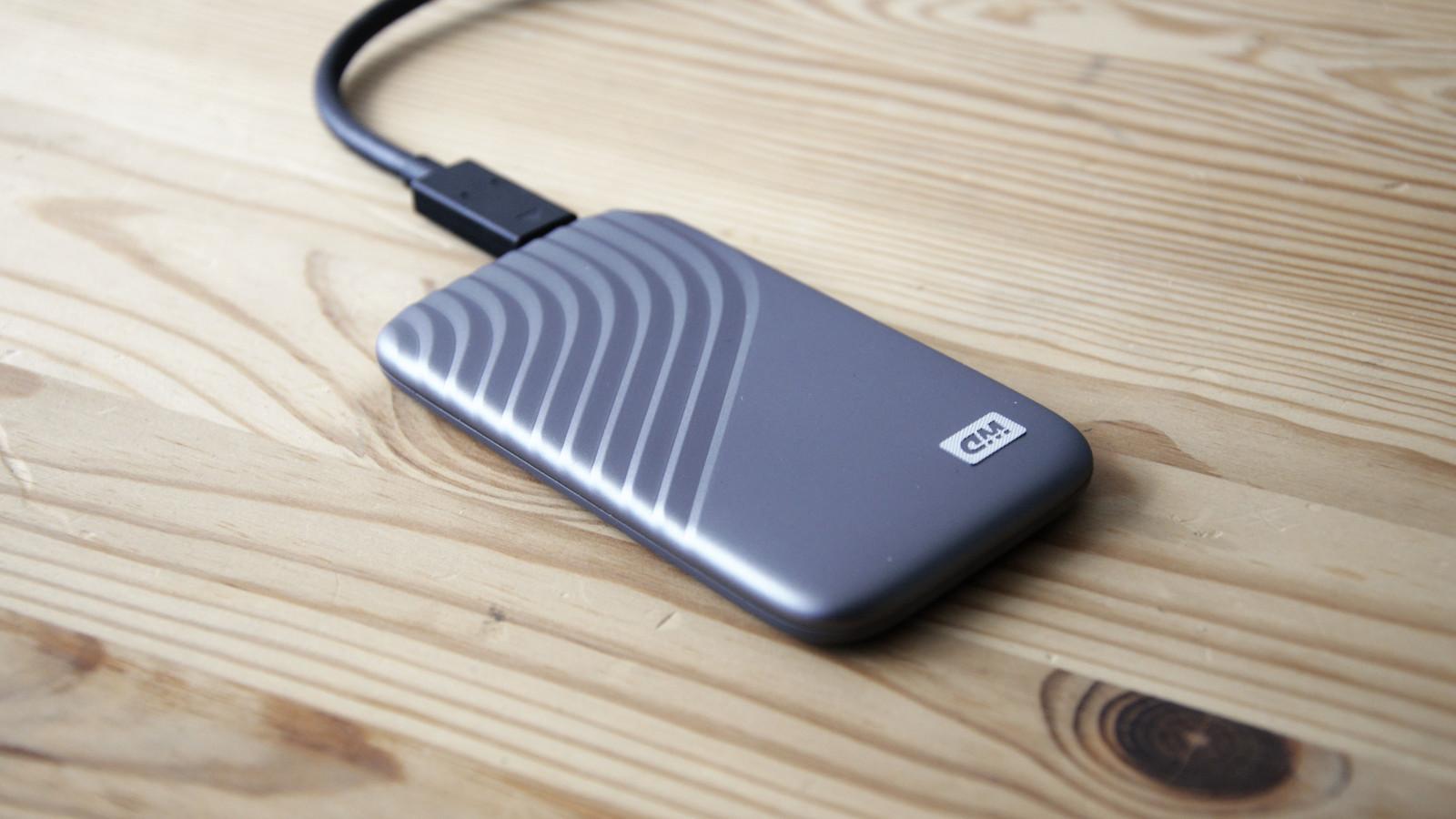
Tech Advisor
Cloud storage is common these days, but having a local backup can save your bacon—even as antiquated as the tech may seem. Should you accidentally delete a file unknowingly from your PC, in the cloud, or both, if they sync with one another, you’ll still have a copy of the data. While you can use a cloud service specifically meant for backups, an external hard drive is cheaper over time and readily accessible, even when your internet’s out. Even a smaller 5TB drive is worth the investment.
Power bank
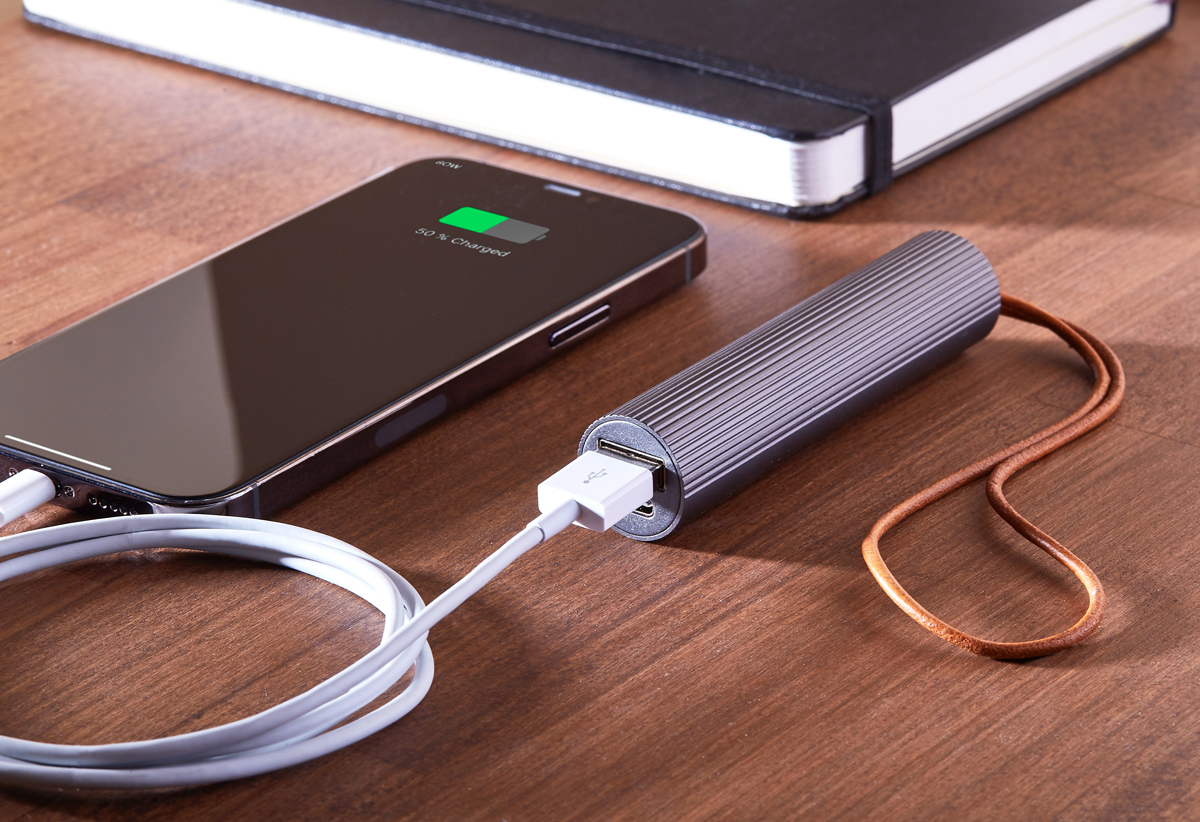
Lexon
Being away from an electrical outlet for long periods is a guarantee while in college. Having even a small, pocketable power bank (like this teeny 5000mAh model) can help keep your phone alive all day. Pick one up that can also serve as a charger (like the Anker 511) and you’ll be amply covered whenever you’re on the go.
Printer
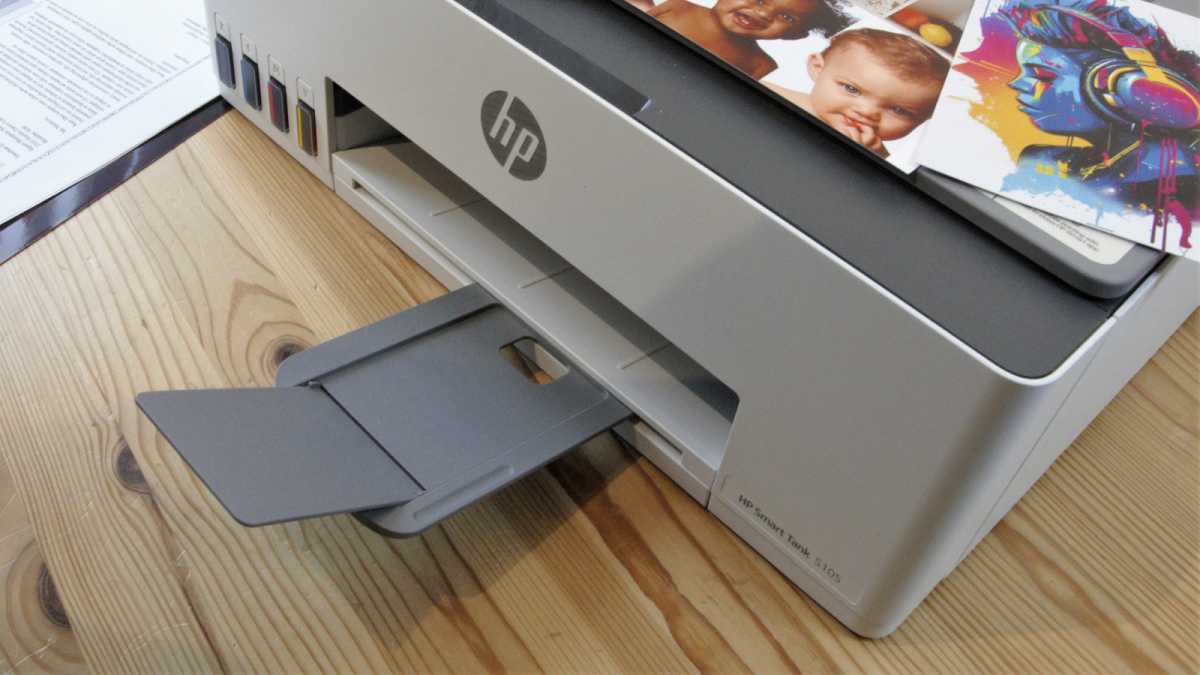
Mark Pickavance
A printer may seem like a relic, but you’ll still have to print documents occasionally. Sure, you can use a campus computer room, but they’re not always open at all hours—and some schools charge per page. A portable unit or even a compact model won’t take much space and allows you to print whenever you want. Even if you get the cheapest printer available, you usually can tuck it away in a drawer or in your closet.
HDMI switcher
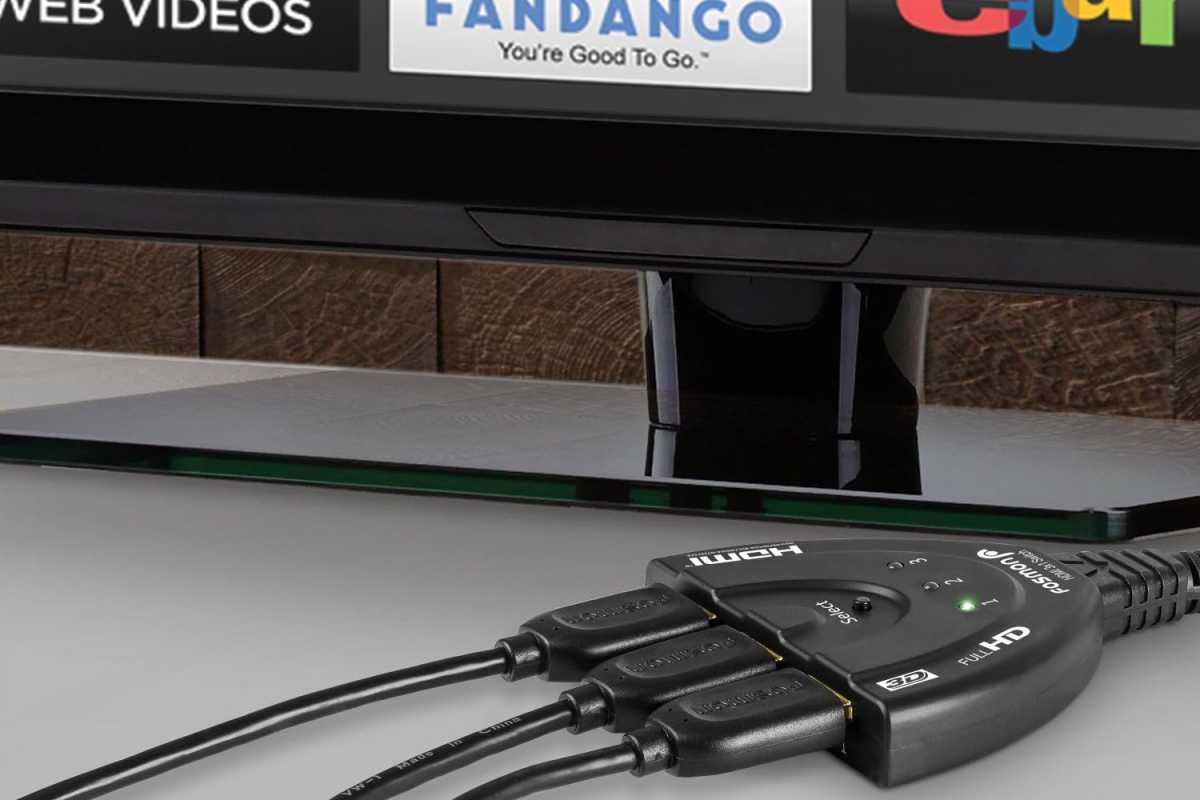
Fosmon / Amazon
An HDMI switcher quickly solves two problems when connecting multiple devices to a single TV or monitor. For starters, you’re no longer limited by the number of built-in ports. It also eliminates the tediousness of pressing multiple buttons on your remote to change devices. Everything routes through the switcher, which takes just one port on your display and usually auto-switches between active devices. A 3-port HDMI switcher is usually sufficient, but you can step up to a 5-port model for more gear.
Ergonomic mouse and/or keyboard
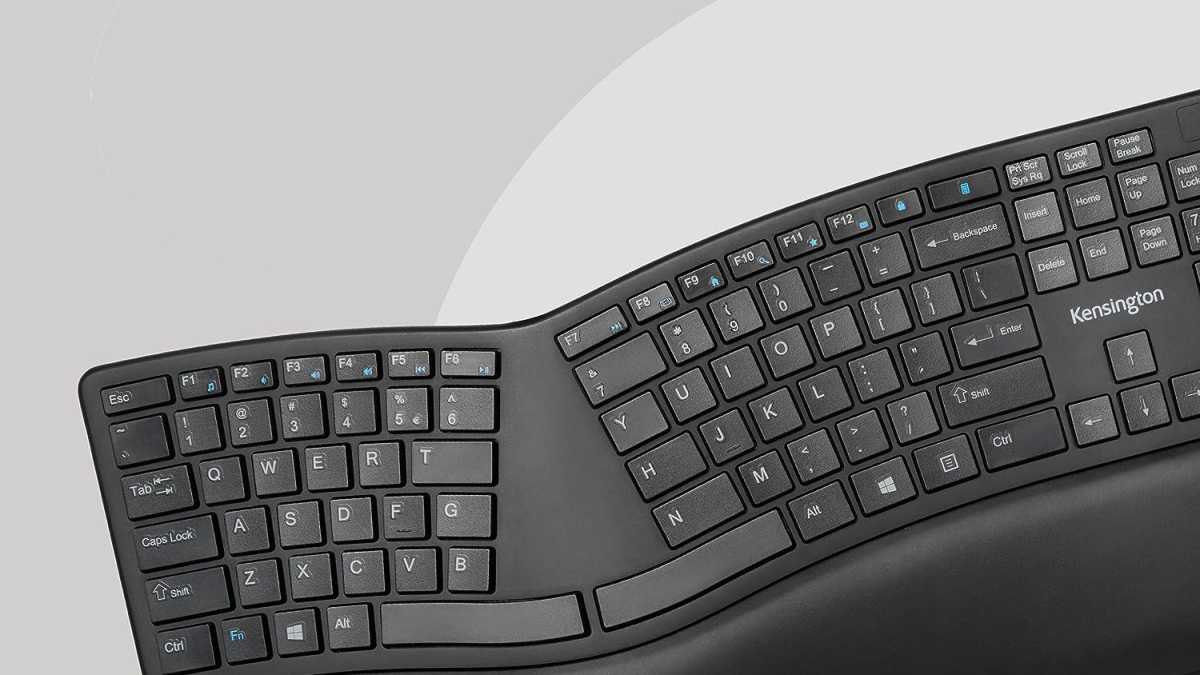
Kensington / Amazon
Repetitive stress injuries suck. If you’re on your PC all the time, ergonomic peripherals can ward off suffering down the road. A simple wireless vertical mouse starts as low as $25, with alternatives like the Logitech Lift available for those with smaller hands. The trick is to take breaks regularly and, if you can afford to, swap the type of mouse you use every so often. Same goes for your keyboard—even a basic split keyboard model should keep your hands and wrists in a more natural position.
Phone stand
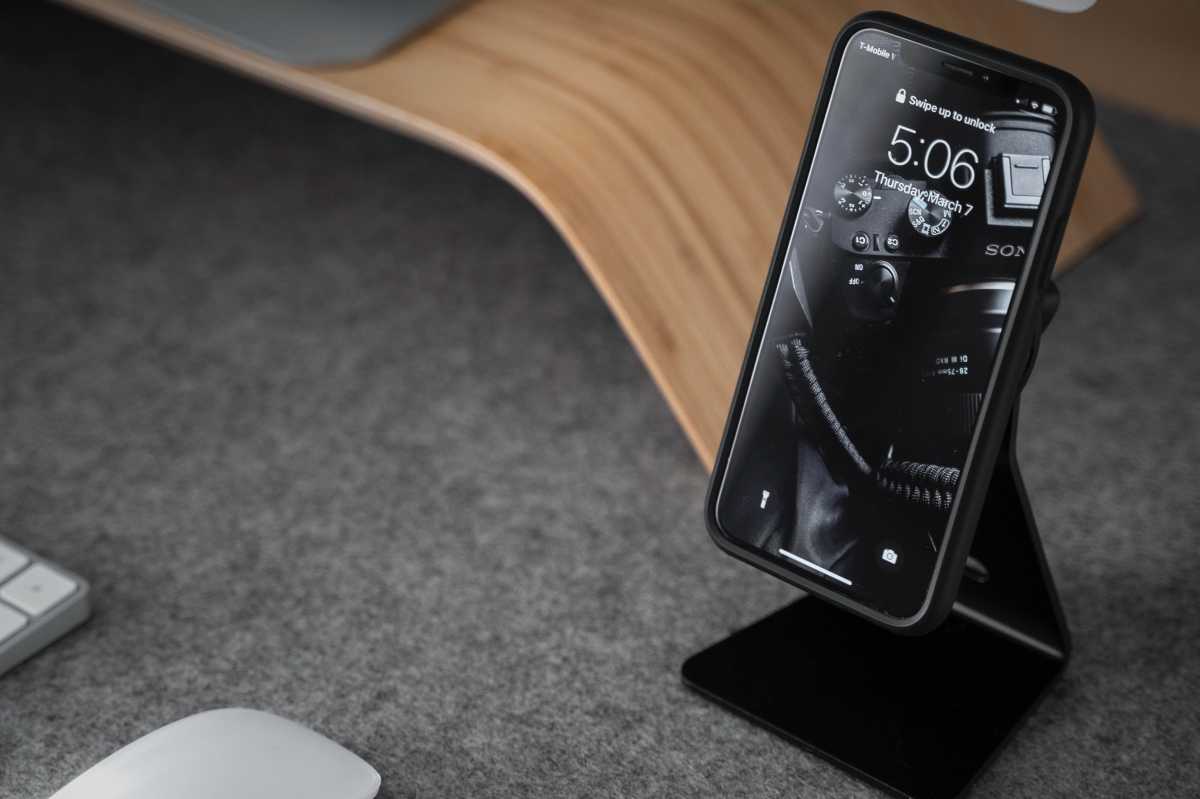
Michael Soledad / Unsplash
A dedicated spot for everything helps cut down on clutter when living in cramped quarters. Getting things off the surface of your desk can greatly reduce visual noise, too. A phone stand helps with both these goals, while also letting you easily see incoming notifications at a glance. If you get a stand that also doubles as a charger, you can keep the battery topped up too.
e-Reader
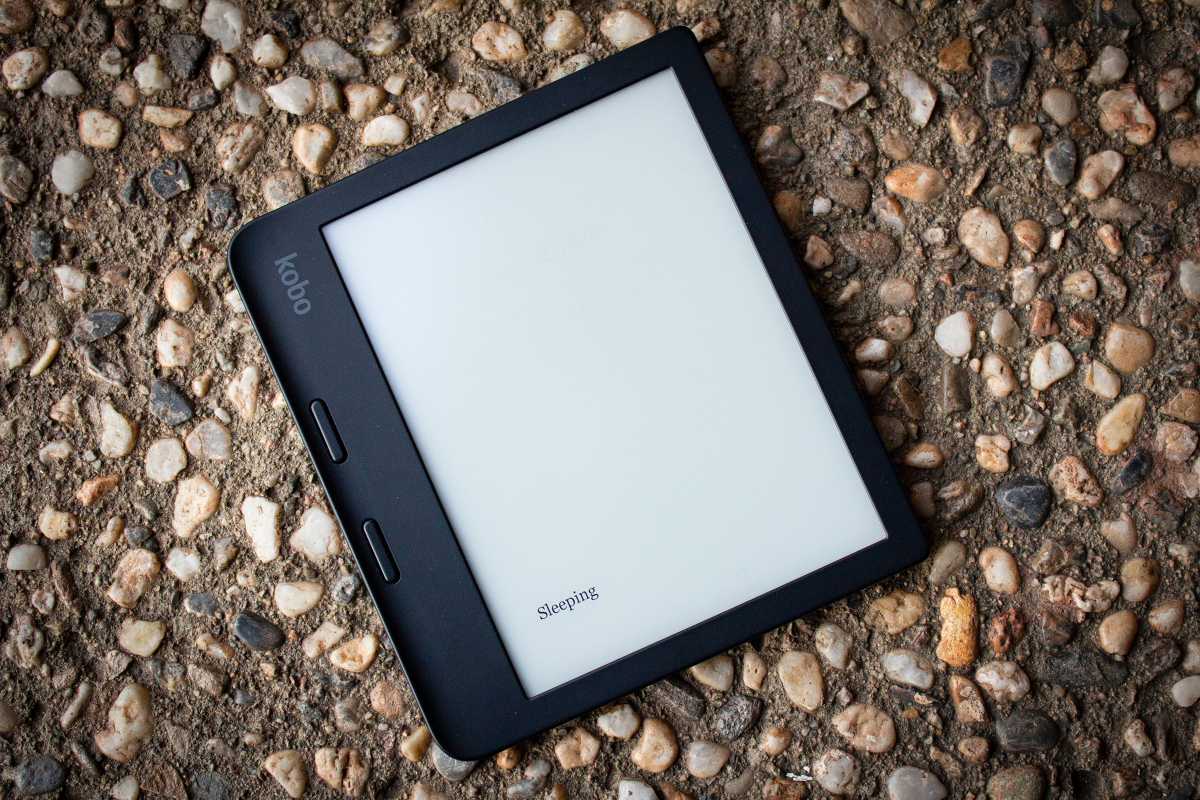
Alaina Yee / Foundry
Bookworms will want to bring a collection of favorite reads to the dorms, but physical copies can become a royal pain when ot’s time to move at the end of the year. The easier option: Investing in an e-reader, like a Kindle or Kobo. Your eyes will still get a break from LCD screens, and your room won’t get as cluttered. Will it feel as good as having paper in your hands? No, but being able to store hundreds of books in a slim, pocketable device is a decent trade-off. Plus, if you sign up for your local library’s Libby service, you can gorge on the written word for free.

